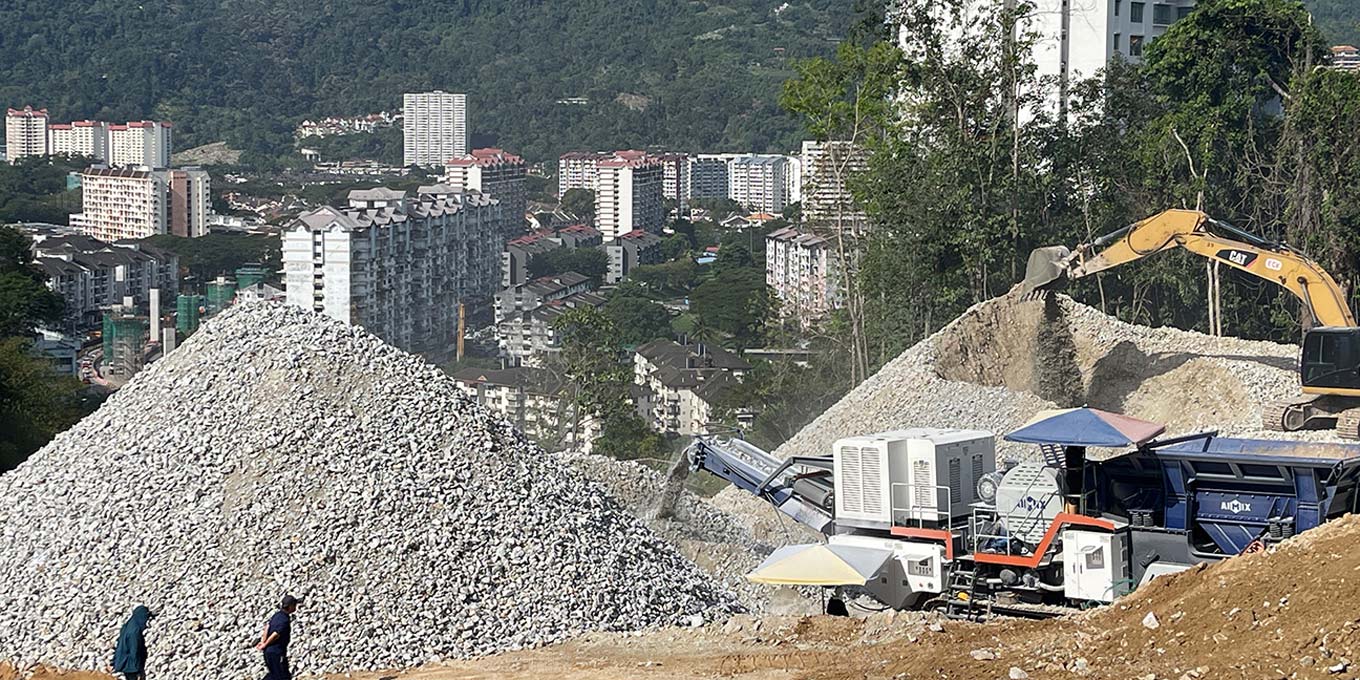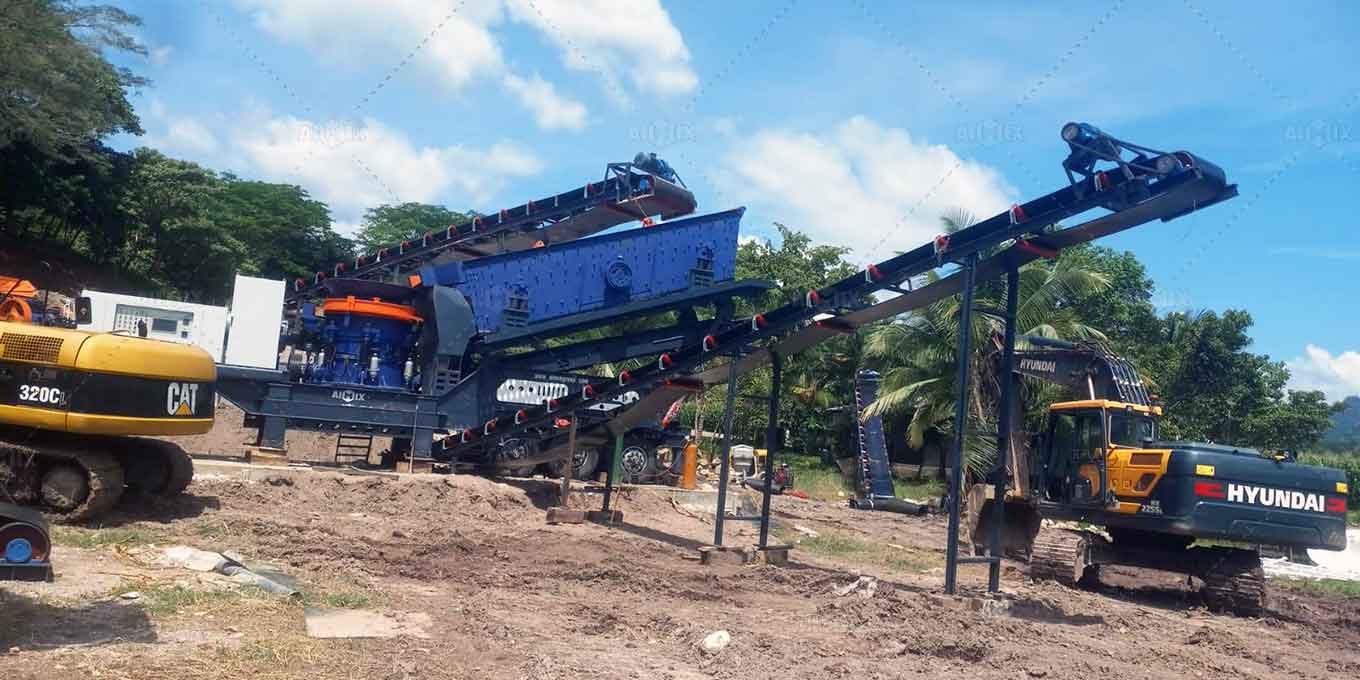The global mining and construction sectors are increasingly dominated by cost-conscious decisions. Amid this climate, Chinese-manufactured 200 TPH limestone crushers have surged in popularity for their tantalizingly low upfront prices. But beneath the surface-level affordability lies a pressing question—are these machines genuinely cost-effective in the long haul? Or are buyers merely seduced by low prices at the expense of operational integrity and longevity? With global quarry operators and contractors striving to remain competitive, understanding the balance between quality and cost is more critical than ever. What follows is a critical dissection of this conundrum.
There’s no contest when it comes to purchase price. Chinese 200 TPH limestone crushers often undercut European or American brands by margins exceeding 30%. The allure is powerful—immediate capital expenditure reduction and quicker ROI. However, this calculation is deceptively shallow. What remains buried in fine print are the hidden operational costs: accelerated wear rates, frequent downtime, and inconsistent throughput under real-world load conditions. A crusher that saves $50,000 upfront may cost double in maintenance, part replacements, and lost production hours within two years. When evaluated over a 5–7-year horizon, the “cheap” alternative often becomes a liability in disguise.

The strength of a crusher brand extends beyond its steel casing. Aftermarket serviceability is where many Chinese manufacturers falter. Replacement parts may be hard to source, with lead times stretching from weeks to months, often exacerbated by customs delays and poor international logistics. In contrast, Western and some high-tier Asian competitors maintain well-established global parts warehouses, trained service engineers, and localized technical support. For mission-critical operations, a prolonged downtime due to unavailable bushings or jaw plates translates to catastrophic productivity loss—rendering the initial cost savings moot.
Not all steel is forged equal. Many budget-friendly Chinese crushers rely on inferior-grade alloy compositions and cost-reduced fabrication techniques such as substandard heat treatment processes. This compromises structural integrity under repetitive impact and abrasive conditions typical of limestone crushing. The results? Premature fatigue cracks, weld failures, and a need for frequent reinforcements. Conversely, OEMs with ISO-certified plants and rigorous metallurgical control deliver aggregate crushing machine that withstands the test of industrial brutality. It’s not just about crushing rock—it’s about resisting entropy.

A key differentiator lies in design maturity. Top-tier machines are the result of decades of R&D refinement, with optimized chamber geometries, consistent gradation control, and intelligent hydraulic systems that self-regulate under load. In comparison, some Chinese crushers mimic exterior specs but lack the internal engineering precision needed to maintain consistent output and protect internal components. As a result, operators frequently battle with erratic discharge sizes, reduced product uniformity, and unpredictable stalling under heavy feed—issues that silently erode productivity over time.
Savvy procurement teams no longer obsess over price tags alone. They quantify value in terms of total cost of ownership, encompassing fuel efficiency, spares availability, operator training, and resale potential. In TCO analyses, many low-cost Chinese crushers fail to outperform their premium rivals. While the sticker price is lower, the long-term penalties in operating efficiency, service life, and resale value drag down the investment’s net worth. Choosing a crusher is not a one-time transaction—it is a strategic asset decision.
In an industry where reliability is synonymous with credibility, deploying unproven or unreliable mobile stone crusher plant equipment can tarnish reputations. For EPC contractors or aggregate producers serving tight-schedule government contracts, equipment breakdowns may not only lead to penalties but also jeopardize future bidding eligibility. Market perception matters. A project manager operating well-known Western or Japanese crushers may command higher trust and project continuity than one constantly dealing with unstable Chinese alternatives. Reputation, unlike capital, is hard to restore.